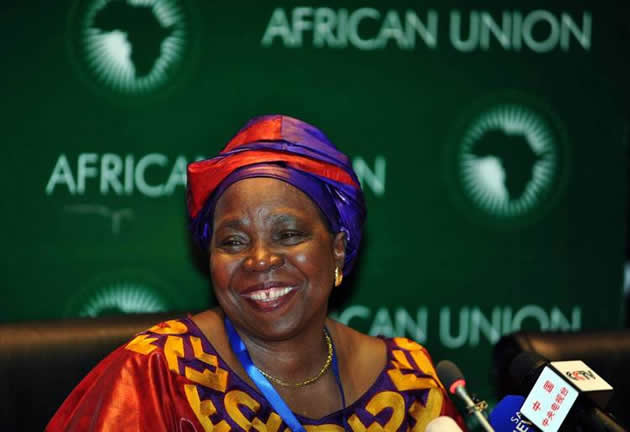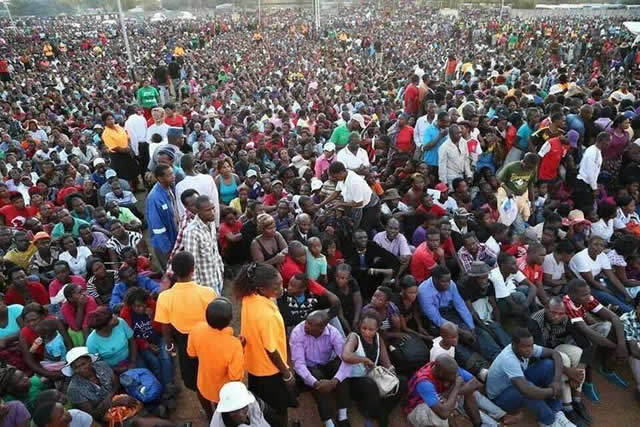Can AU Commission elections pass the test?

Mehari Taddele Maru Correspondent
It has been four years since the controversial, highly contested and divisive campaign and election of the current chairperson of the AU Commission Dr Nkosazana Dlamini-Zuma in 2012.
With Dr Dlamini-Zuma’s incumbency coming to an end and her decision not to run for a second term, once again the upcoming July 2016 AU Commission elections have aroused the interest of many commentators and stimulated further debate.
Most related articles written recently have rightly indicated the importance of the AUC and called for the AU to address the election of its leaders with the appropriate amount of seriousness and consideration.
Tried and true, it is impossible to exaggerate the importance of these elections to the AU Commission.
The AUC serves as the collaborative platform for all AU organs.
The chairpersons and the commissioners are pivotal in the allocation of resources and determination of the AU’s agenda.
More importantly, it plays the role of initiating and facilitating norm-setting, norm-diffusion, and the coordination of norm-implementation and supervision.
It prepares the strategic plans of the Union, provides administrative, secretarial and substantive expertise to other organs of the AU, including the AU Assembly, the Executive Council and the Peace and Security Council.
It also promotes a collective African voice and defends the position of Africa in the world.
Could these recent extensive media coverages and Pan African conversations of concern rekindle hope that AUC elections will progressively meet the demands of Africans for competitive and meritocratic elections?
As revealed in the candidatures’ list, this is inconceivable.
Even more, the nationalities of the candidates compel one to ponder more about this election.
An interesting aspect of the candidature list is the fact that some of the candidates are from countries that are new entrants to the AUC elections.
Botswana, rarely known for its competition in Pan African institutions, has a candidate for the top post of the chairperson.
Somalia and Djibouti have for the first time forwarded candidates for the post of deputy chairperson.
Ghana’s former representative to the AU is also running for the same post.
Lesotho’s candidate is also running against a candidate from Cameroon for the post of Economic Affairs, rendering a competition between two male candidates.
The four top tier budget contributor member-states (Algeria, Egypt, Nigeria and South Africa) with 48 percent of the total budget) have only five (16 percent) of the 32 candidates for commissioner posts.
None of the top tier nominated a candidate for the post of the chairperson or the deputy chairperson.
Of the four top tier budget contributors, Algeria is seeking re-election of the incumbent Amb Smail Chergui, while Egypt has four candidates, thereof, making Egypt with the highest number of candidates, and 80 percent of the candidatures of the top tier contributors.
Could this be an indication of change of African policy of Egypt?
What primed the South African government decision not to fill any candidate for the AUC after the bitter fight for the post of chairperson four years ago?
Did it break its eggs by putting them in one basket? In contrast, is Egyptian diplomatic focus now shifted southward, and now bestowing Africa highest importance? Why? Nigeria nominated a new candidate for Peace and Security while failing to seek re-election of the incumbent commissioner of Political Affairs.
Later in the process it withdrew its candidate altogether. What considerations informed such drastic decisions?
Reform of the AU elections
Elections at the Commission need to indicate generational progress towards meeting of the demands of the new generation, the creation of a meritocratic, competitive and gender sensitive Pan-African political landscape.
Intensive election competition emanating from a genuine commitment towards a Pan-African agenda, with the vision to provide a better quality of leadership, would certainly signify a marked departure from the past and could result in a more effective and efficient AU. More importantly, if well planned and maintained, such competitive elections could enhance the relevance of the AU to its Member States and indirectly to the peoples of Africa.
Furthermore, as the premier integrity guarantor for African elections, the AU needs to achieve a higher standard for the elections of its own leaders.
As the norm-setting body on democratic principles, free and fair elections on the continent, the AU should maintain the highest possible threshold of ethical standards for its leadership elections.
The elections for the AU Commission should pass the same rigorous test and uphold the principles that it requires from member-states.
Intensive election competition, emanating from a genuine commitment towards the Pan-African agenda and with a vision to provide better leadership, would certainly signify marked differences from the past and would result in a more effective and efficient AU.
The current nominations reflect no such indication of progress. Instead, they are characterised by regression both in quality and quantity. Hence, the upcoming July election offers an opportunity for overhauling and improving the quality of the elections of the various AU organs. — Pambazuka News.









Comments